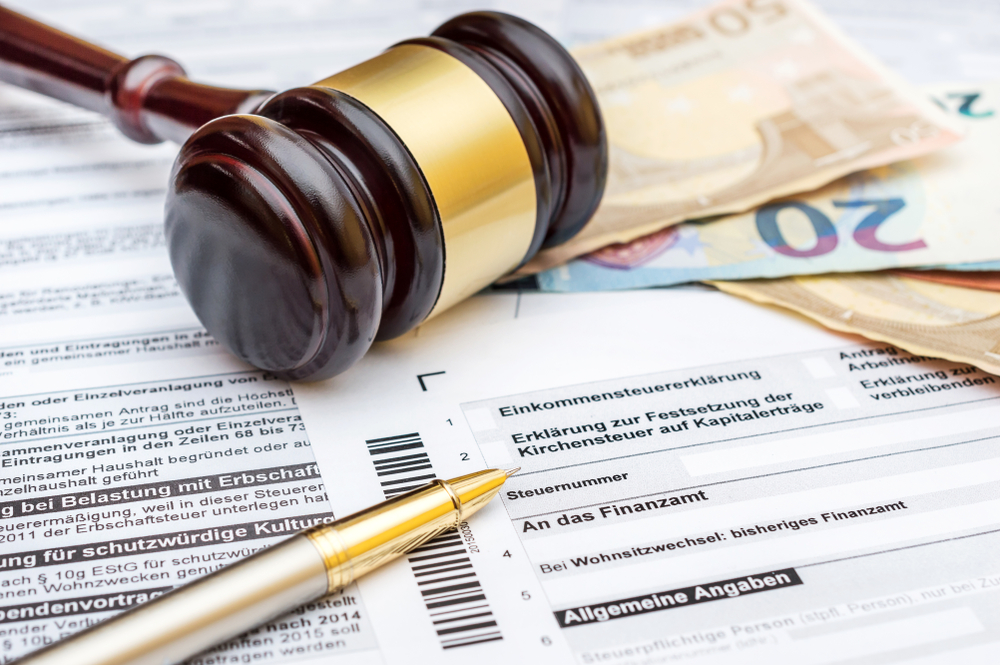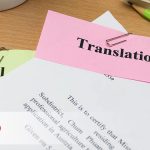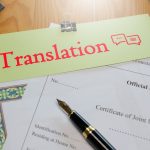
The Ultimate Guide to Translating Documents for Global Success
In an increasingly globalized world, businesses, legal entities, and individuals require accurate and effective document translation to ensure clear communication across borders. Whether you are expanding into new markets, dealing with international legal matters, or requiring personal documents translated for immigration purposes, precise translation is essential. Errors in translation can lead to misunderstandings, financial losses, or even legal issues.
Why Accurate Document Translation Matters
Accuracy in translation is non-negotiable, especially for official and business-critical documents. Even a minor mistranslation can alter the meaning of a contract, render a legal document invalid, or create confusion in marketing materials. The following are key reasons why accuracy is essential:
1. Legal and Compliance Requirements
Many industries have stringent legal requirements regarding documentation. Poor translations can lead to compliance violations, legal disputes, and regulatory penalties. For instance, inaccurate translations of medical documents, patents, or contracts can result in serious financial and legal repercussions.
2. Corporate and Brand Reputation
A poorly translated document can damage your brand’s credibility. If your website, product manuals, or marketing materials contain errors, they can negatively impact customer trust and lead to lost business opportunities.
3. Business Efficiency
Incorrectly translated documents can slow down operations, requiring additional time for revisions and clarification. Investing in high-quality translation from the outset ensures smooth business transactions and communication.
Understanding Cultural Context in Translation
Beyond direct word-for-word translation, understanding cultural context is crucial in ensuring the intended message resonates with the target audience. A translation that is technically accurate but culturally inappropriate can lead to misinterpretation or even offense.
1. Localization and Cultural Sensitivity
Localization goes beyond mere translation; it adapts content to fit the cultural norms and expectations of the target audience. This is particularly important for marketing materials, where idioms, humor, and colloquial expressions may need to be reworked for a different cultural audience.
2. Industry-Specific Terminology
Different industries have specialized terminology that must be translated with precision. For example:
- Medical and pharmaceutical documents require knowledge of technical and medical terminology to ensure patient safety and regulatory compliance.
- Legal contracts and government documents must adhere to precise legal language to remain legally binding.
- Technical and engineering manuals require accurate descriptions to prevent misinterpretations that could lead to costly errors.
Choosing a Professional Translation Service
While automated translation tools have improved significantly, they are no substitute for professional human translators. When dealing with critical business, legal, or technical documents, it is essential to work with a reliable translation service. Here’s what to look for when choosing a professional translation provider:
1. Multilingual Capabilities
A reputable translation agency should have experience in multiple languages and dialects to serve diverse client needs.
2. Expertise in Various Industries
Not all translation services are created equal. Choose a provider with expertise in your industry, whether it’s finance, legal, healthcare, or engineering.
3. Desktop Publishing and Professional Formatting
Translating documents is more than just converting text from one language to another. Documents should maintain their original formatting, especially for marketing brochures, legal contracts, and technical manuals. Professional translation services include desktop publishing to ensure the translated document maintains a polished and professional appearance.
4. Confidentiality and Security Measures
Confidentiality is critical when handling sensitive documents. Ensure the translation service follows strict security protocols and has measures in place to protect your information.
Steps to Effectively Translate Documents
For companies seeking translation services, following a structured approach ensures high-quality results. Here’s a step-by-step guide:
Step 1: Identify Your Translation Needs
Determine the purpose of the translation and the target audience. Consider factors such as:
- The languages required
- Industry-specific terminology
- The document’s purpose (legal, marketing, technical, etc.)
- Formatting requirements
Step 2: Choose a Professional Translation Provider
Select a reputable translation agency that aligns with your business needs. Look for industry experience, customer reviews, and service offerings beyond basic translation.
Step 3: Submit Documents in an Editable Format
Providing documents in an editable format, such as Word or PDF, makes the translation process more efficient. If the document includes images or complex formatting, ensure the provider offers desktop publishing services.
Step 4: Work with Translators and Reviewers
A good translation service includes native-language translators who understand the nuances of the language and culture. Some agencies also provide additional proofreading to ensure accuracy.
Step 5: Receive and Review the Translated Document
If possible, conduct an internal review before finalizing the translation. If revisions are necessary, communicate any changes promptly with the translation provider.
Step 6: Implement and Use the Translated Document
Once finalized, the translated document can be used for its intended purpose, whether it’s for legal compliance, marketing, or operational use.
Common Challenges in Translating Documents
Even with professional translation services, challenges can arise. Understanding these challenges can help businesses prepare and mitigate risks.
1. Maintaining Consistency Across Translations
If your business requires ongoing translation services, maintaining consistency in terminology and style is crucial. A good translation provider will use translation memory tools and glossaries to ensure consistency across documents.
2. Dealing with Legal and Technical Jargon
Legal and technical documents require precise terminology. Working with industry-experienced translators helps ensure accuracy and compliance.
3. Handling Multiple Language Variants
Languages like Spanish, French, and Chinese have multiple regional variants. A translation service with native-speaking experts can ensure the content is tailored to the correct audience.
The Importance of Professional Document Translation
Translating documents is not just about language—it’s about accuracy, cultural adaptation, and professional presentation. Whether your business operates internationally or requires multilingual communication, investing in expert translation services ensures clarity, compliance, and efficiency.
At Etcetera Language Group, Inc., we specialize in document translation and desktop publishing across various industries. Our multilingual team ensures highly accurate translations, professional formatting, and exceptional customer service. Contact us today to discuss your translation needs and ensure global success for your business.
More...
Categorised in: Translation Services





